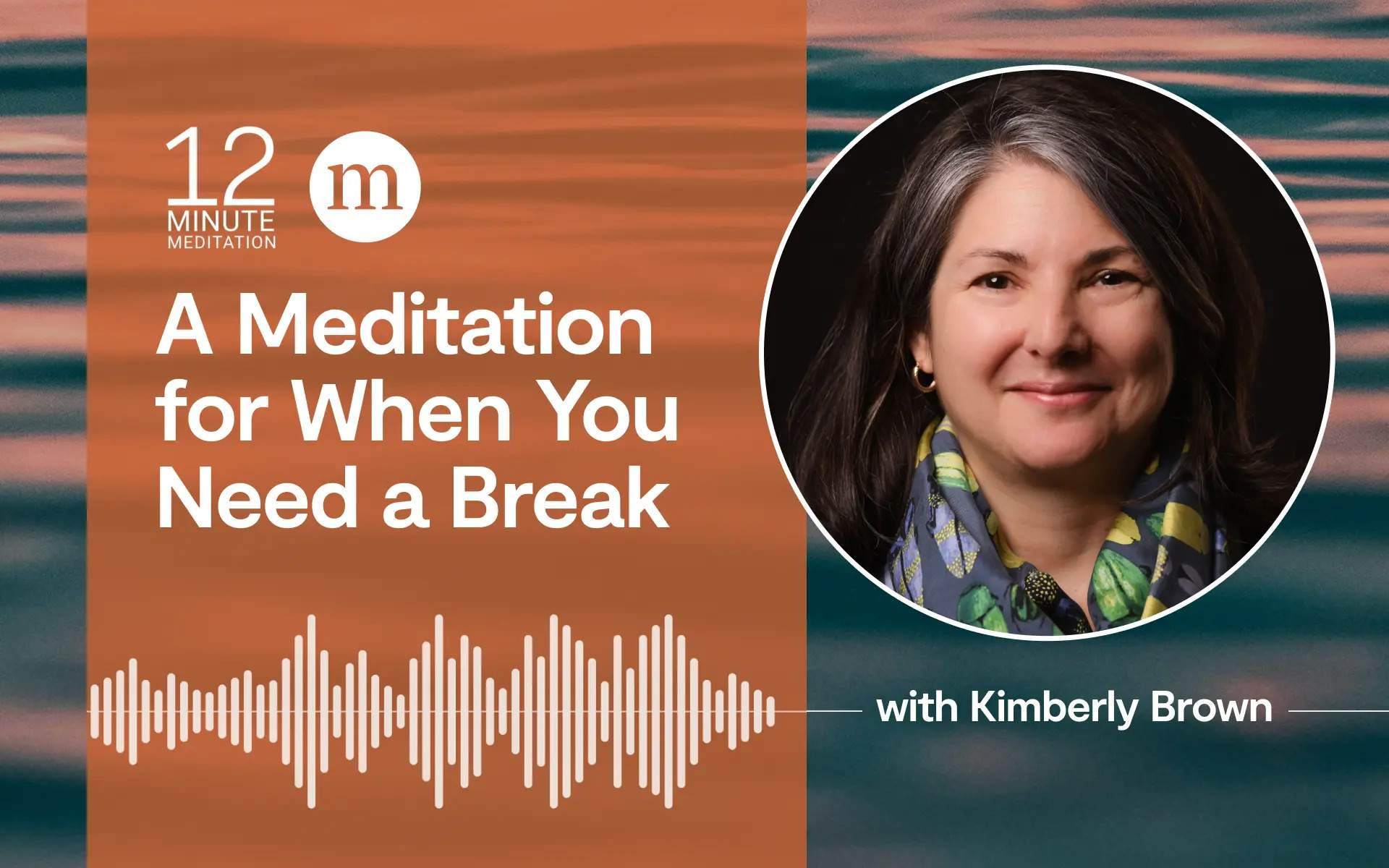I read about Liam in a newspaper report. He had been arrested over the weekend for being an inebriated pedestrian and was sent to court. There he yelled profanities at the judge, including the f-word. He was warned but continued, ever louder, ever more profane. With each outburst the twenty-four-year-old was sentenced an additional two weeks over his originally brief overnight detention.
I was appalled. I couldn’t imagine anyone yelling the f-word in a courtroom directly at a judge, much less doing it repeatedly. Liam’s behavior put him in maximum security, according to the newspapers. I knew that meant a twenty-four-hour solitary lockdown, with one hour each day to shower, use exercise machines, and grab a couple of books. I met with maximum-security inmates individually in a locked-down situation.
I sent a tiny prayer: Please do not let this man request to meet with me Tuesday night. I figured if he exhibited this level of disrespect and lack of self-control with a judge, I wouldn’t have a chance.
First thing Tuesday night, the officer greeted me in the lobby of the detention center and said, “We got this guy in max ready for you in CV 2.” And he gave me his last name.
I said to myself, “Oh, crap,” and hoped my lips weren’t moving.
The officer spoke into his lapel mic, “Charlie Victor 2.” And the door unlocked with a loud buzz. I went in and there he was, sitting in a plastic chair on the other side of the metal grate in the small locked-down room. He was good-looking, young, dark-haired. He wore the pants and shirt assigned to maximum-security inmates—mustard-yellow—bright and gaudy as a caution light. The heavy door in my side of the room clanged shut behind me and locked. We exchanged names and without thinking about it, I began to tell him a story I’d heard. I didn’t know if the story reflected reality, but the message was solidly true.
“There’s a tribe in Africa that believes every person is born good. When someone does something hurtful and wrong in the community, they take the person to the center of the village, and the entire tribe comes and surrounds him. Each person tells the man every good thing they can remember about him from the time he was born. Because they believe he’s just forgotten.”
Liam dropped his head to his chest. I knew tears were falling. Tears welled in my eyes too.
After a bit of silence, he said, “It’s good to know somebody understands.”
Maybe the story about the tribe and the village was just one of those fictional reports popping up on the internet; it didn’t matter. The story let Liam know there was compassion in the world. Somewhere.
I scooted my wooden chair, with the ratty orange upholstered seat, in closer to the grated window. I said, “Our culture doesn’t hold that practice, so we have to remind ourselves about all our good qualities on our own.”
I had given the officer a journal and two yellow golf pencils, and he unlocked the door on Liam’s side and handed those to him now. I said to Liam, “This week, list all your good qualities in your journal. Fill pages.” I assigned this to many inmates and never tired of seeing a man’s face light up the following week when he reported his discoveries.
The Healing Power of Words
Often the men in maximum security chose to meet with me because it was the only chance they got each week to talk to someone. And I liked it because intimacy was easily reached during these one-on-one meetings. Since the maximum-security sentence extended to at least a month, we got the opportunity to build a good relationship. That happened with Liam and me. He was never disrespectful but always straightforward, soft-spoken. Soon he opened up about his life back home.
Liam had a sister. He said she was quite beautiful, two years older than him, and was diagnosed schizophrenic but refused to take her medication. The two of them lived with their mother, who was rarely home. Liam felt responsible for his sister.
“She brings men back to the house who are homeless and dirty.” He hung his head.
I choked up. Kept silent. Wished I could reach through the metal grate to put my hand over his.
“She walks them right past me to her bedroom. She won’t stop. I’m so afraid for her. I feel … I don’t know …” He hung his head.
“Powerless,” I said.
Liam raised his eyes. “Yeah. These guys are scary, doped up. They’re filthy. I just feel like I can’t stand it sometimes.” He dropped his head again, then looked up. “I beg her to take her medicine.”
“What about your mother? Can she help?”
“She works, goes to the bar, comes home drunk. She’s no help.” Liam shook his head. “I’m no help either. I’m a failure.”
I thought to myself, this kid got himself arrested so he could take a break from this burden.
Suddenly an image arose of Liam yelling at the judge. I thought to myself, this kid got himself arrested so he could take a break from this burden. In order to ensure he wasn’t just given a fine, credited with time spent incarcerated over the weekend, and released, Liam consciously or, more likely, unconsciously set up a situation in which he could rest and pull himself together.
I said, “It’s so damn sad and frightening how your sister has chosen to disregard herself. But Liam, you can’t be responsible for her. That’s why you feel you’re failing her. Because she has guaranteed no one can possibly succeed in helping her.”
He nodded, wiped tears.
“In your library upstairs, when you get your break tomorrow, look for the book Codependent No More. You will feel like it’s talking directly to you. You are not alone in feeling the way you do. Your predicament is unique and especially horrible, but there is a way to deal with it. Get the book.”
I made a mental note to read Melody Beattie’s clarifying book again myself. It was something I did periodically. And every time it was a fresh reminder of how I was, by default, codependent. Even sitting in CV 2 I was struggling not to solve Liam’s life for him. Suggest he move away from home. Find something he loves doing, do it a lot, give his attention to himself. On and on. Better get that book out tonight.
Defying the Odds
After a few weeks in solitary confinement—an inhuman, often devastating experience that itself encouraged mental illness and was typically used only for the violent inmates—Liam regained strength and found a new balance. He was managing the isolation well. He read a lot and wrote in his journal. No one came to visit him. He was a stranger in town; his friends and family lived five hundred miles away.
“I feel like crap about how I treated the judge,” Liam said one night. “I was way out of line. I yelled at that man.” Liam said he was due to go to court again that coming Thursday and he felt embarrassed at how disrespectful he had been toward the judge. “I might not be allowed to say anything in court, so I don’t know how I can make it up to the guy.”
I didn’t know if this was a good idea, but I suggested that Liam write a letter to the judge saying just how he felt and apologizing. I added, “I don’t even know if that’s something that’s legally allowed.”
Liam wrote the letter. Went to court on Thursday. And the next Tuesday he was no longer in jail. I asked an officer what had happened.
“Blew us all away. They uncuffed his hands in court without any explanation and said he was free to go. I don’t know what the heck happened. But nobody goes from max to freedom. Not since I’ve been on the force.”
When I met with the workshop group I asked if anyone had been in court on Thursday. I heard the same version: “A cop came to the cell where we were all waiting in handcuffs to see the judge; he uncuffed that guy, and the kid walked!”
I’ve thought of Liam often over the years. I hoped that his life was fulfilling, that his sister was taking her meds, and that his mother was sober, but I knew the unlikeliness of all that. Still, I was convinced that whatever was going on in his household, Liam was managing it better than before his incarceration. He had made sure of that before leaving there.
Excerpted from the book, Tuesdays in Jail: What I Learned Teaching Journaling to Inmates ©2022 by Tina Welling. Printed with permission from New World Library—www.newworldlibrary.com







